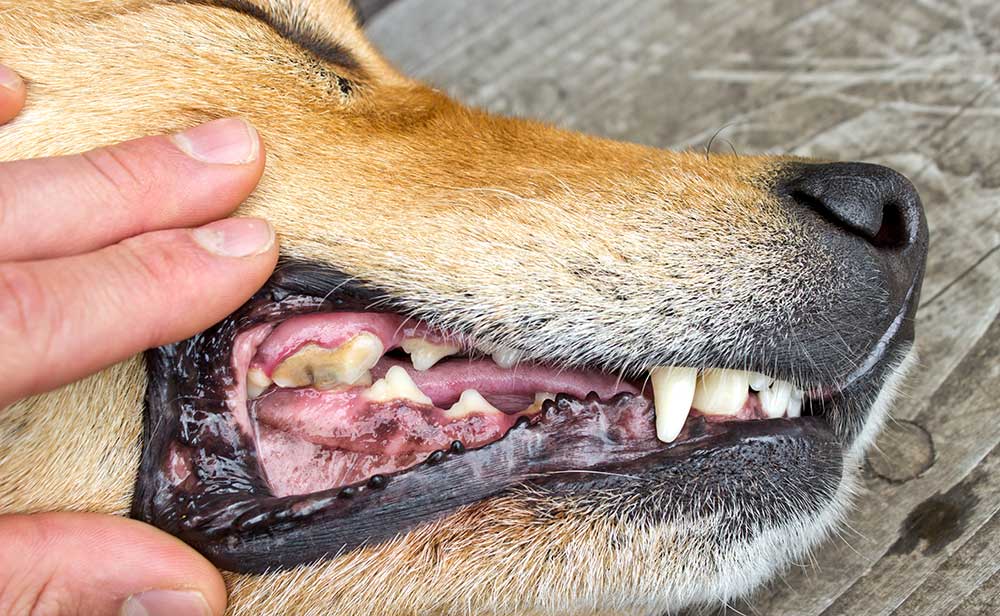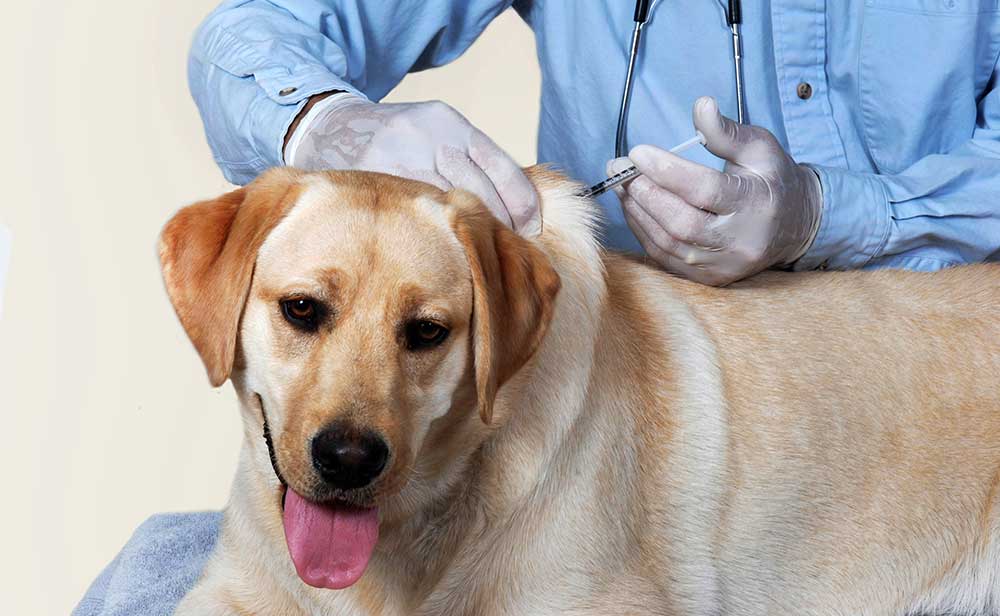Educational Tips for Pet Owners
Importance of Dental Care
Dental health is just as important for dogs and cats as it is for people. Bacteria and food debris accumulate around the teeth and, if left unchecked, will lead to deterioration of the soft tissue and bone surrounding the teeth. This decay can result in irreversible periodontal disease, tooth loss, and expensive oral surgery. Bacteria can also cause serious, potentially fatal infections in your pet’s kidneys, liver, lungs, and heart.
Unless your pet just ate something fishy, stinky breath isn’t normal. Having a veterinarian evaluate your pet’s teeth regularly and clean them as needed will help prevent dental disease and any related problems.

What to do when your pet has arthritis?
Any pet can develop arthritis, but larger dog breeds and overweight pets place much higher stresses on their joints. Pets that have previous injuries to their bones, joints, ligaments, or tendons may later develop arthritis. Hereditary diseases (e.g. hip dysplasia) can also play a role.
The signs of arthritis can be very subtle. Often, our pets appear to be “slowing down”. For example, they may have more trouble with stairs, jumping up, or jumping into the car. They may be stiffer in the morning or you may see them licking their paws. Dogs and cats both tend to minimize external signs of pain and do not generally cry, whine, or limp until arthritis is fairly advanced or severe. They don’t show what you would call “typical” signs of pain.
- Start your pet on a weight loss program if they are overweight (to minimize the weight the joints must carry).
- Provide well-padded bedding in a warm, dry place.
- Provide non-skid flooring.
- Ensure proper grooming of their nails and feet.
- Elevate food and water bowls to a comfortable height for your pet (especially for large dogs).
- For dogs, regular (daily) leash walks with moderate levels of exercise will help maintain flexibility and help to reduce the pain of arthritis. After 6-8 years of age, it is best to avoid running or chasing with tight turns, as this stresses the joints.

Intestinal Parasites and Deworming
When pets are infected with parasites, you may or may not see signs. Hopefully the infection will have been treated or diagnosed (by regular stool checks) before they become ill.
Otherwise, you may see signs of:
- Enlarged abdomen
- Dry skin and fur
- Diarrhea
- Vomiting (possibly with worms present)
- Weight loss
- Loss of energy
Since many parasites are too tiny to be seen, diagnosis is made by microscopic analysis of the stool looking for the eggs, and other microscopic stages produced by intestinal parasites.
Puppies and kittens are routinely dewormed every 2 weeks until 3 months of age, then again at 4 months. Since the larvae of the worms continue to cycle through pets for several months when they are young, it is important to repeat the treatments.
If a pet is diagnosed with intestinal parasites, bathing should be done about 1 day after the first treatment.
Worms can pass to people.
Diseases which pass from animals to humans are termed “zoonotic” diseases.
Several common pet parasites can pass to people in a variety of stages. The symptoms can range from showing no signs, to causing a variety of symptoms including:
- Skin irritation
- Diarrhea
- Development of internal cysts
- Seizures
- Blindness
Treating your pets’ intestinal parasites is extremely important for your entire family.
We recommend cleaning up stools immediately, washing hands after handling puppies and kittens, and discouraging face licking, especially for children and people with compromised immune systems.
Ensure that you have a fresh stool sample checked microscopically at least annually, provide a sample for the follow-up test if worms were found on a previous sample, and make sure to follow all deworming protocols according to directions.
Make sure to cover sandboxes, which cats may use as a toilet. Be very careful if raccoons are around to wear gloves and wash hands well when working in the garden, and for children to wash before eating, and when coming indoors.
Pregnant (or possibly pregnant) women should not clean or change the cat litter, should wash hands well after gardening, and only eat well-cooked meat or fish.

Do pets have to get a rabies vaccination?
Many areas have laws that require dogs and cats (and sometime ferrets) to be vaccinated against rabies. These laws help protect both pets and people from this deadly disease. Check with your veterinarian to learn local requirements and to find out what he or she recommends. Except in certain rare cases, a veterinarian needs to examine a pet before the vaccine is given.
Because of rabies laws, control and prevention programs, and pet owners’ cooperation, domesticated pets in North America rarely become infected with this disease. By keeping your pet up-to-date on his or her rabies vaccination, not only are you protecting your pet, but you’re also helping to eradicate rabies from the pet population in your community.

As a pet owner, keeping your pet healthy is your responsibility.
Learn more comprehensive information, tips and treatments about pet health care on My Pet’s Health
